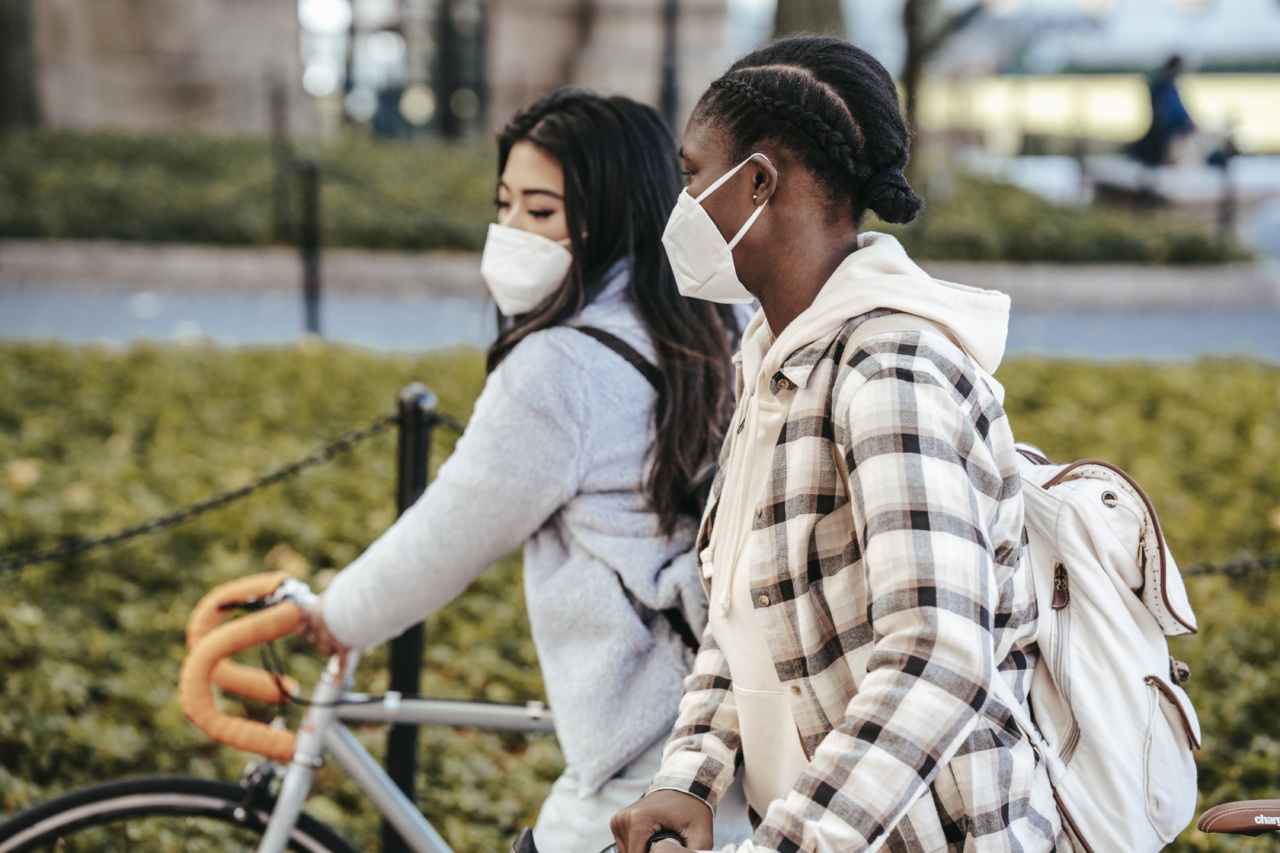Sleep is one of the most important activities that every individual needs to maintain their overall health and wellness. It is vital for various physiological functions, such as brain function and emotional balance.
However, difficulties in achieving enough sleep are often encountered due to the fast-paced lifestyle and work demands of modern times.
Sleep deprivation isn’t just a matter of fatigue, drowsiness, or decreased performance. It can impact the immune system, reducing the body’s ability to ward off infections and diseases.
When we lack sufficient rest, our immune system becomes weakened and becomes vulnerable to harmful pathogens. Viruses and other infectious diseases can quickly spread through our body in ways that sleeping individuals can better avoid.
This relationship is particularly relevant nowadays when there are pandemic viruses that require a healthy immune system to fight off.
The Effects of Sleep Deprivation on the Immune System
Numerous studies have demonstrated the paradoxical relationship between sleep and the immune system. When an individual is exposed to an infectious agent, the immune system is stimulated to produce cytokines.
These cytokines are proteins that help modulate inflammation and boost the immune response. However, sleep is necessary for the activation of these cytokines, which means that sleep deprivation can significantly reduce their production.
A study conducted by the American Academy of Sleep Medicine found that severely sleep-deprived individuals had reduced production of essential cytokines, such as interferon-gamma and interleukin-6 (IL-6), which are critical in fighting off viral infection. Insufficient rest also leads to an imbalance of T cells and natural killer cells, both of which play significant roles in our immune response against pathogens.
The decrease in cytokines and impairment of the immune system can lead to an increased incidence of viral infections and longer durations of illness.
A study published in the Journal of Experimental Medicine confirmed the importance of adequate sleep in preventing viral infections. The study showed that sleep deprivation increased the susceptibility of mice to influenza virus infections, leading to high mortality rates among them.
The Relationship Between Sleep Loss and Viral Infections
Various pathogens exist, most of which can cause illness if the immune response is weak, including the lack of adequate sleep.
Viral infections are one of the most common infectious diseases that humans encounter and spread quickly through contact, ingestion, inhalation, or sexual transmission.
The common cold and flu are the most well-known viral infections that regularly affect people, especially during the flu season.
However, there are also other viral infections such as chickenpox, herpes, hepatitis, and HIV, which are more severe and can lead to long-term damage. The severity of these viruses’ symptoms and duration can be reduced through measures such as vaccination, good hygiene, and adequate sleep.
Adequate sleep can help increase the body’s resistance to infections, but the opposite is also true.
A lack of adequate rest reduces the body’s response to pathogens, making it more difficult for the body to fight off infections, including viral ones. Chronic sleep deprivation can have dire consequences on the immune response, making an individual more susceptible to illnesses.
How to Maintain Adequate Sleep to Reduce Viral Infections
Without a doubt, good sleeping habits are critical in maintaining a healthy immune system and reducing the likelihood of viral infections. Sleeping well is about creating an environment that helps you wind down, relax your mind, and get enough rest.
The following tips can help improve sleep and reduce the chances of viral infections.
Getting Enough Sleep
The general recommendation is for adults to sleep for around 7-8 hours each night, although this can vary between individuals. Children and teens need more sleep than adults.
Keeping Regular Sleep Hours
It helps to keep regular hours and try to sleep and wake up at the same time every day. Establishing a regular sleep pattern helps program the brain’s sleep-wake cycle to maintain healthy sleeping habits.
Creating a Relaxing Sleeping Environment
Ensure a comfortable bed, clean bedding, and a quiet, peaceful, and dark bedroom to encourage relaxation and restful sleep. Use earplugs or a white noise machine to block out any noise that might wake you up.
Avoiding Stimulants Before Bedtime
Avoid caffeine or alcohol before sleeping as it can disrupt sleep patterns. Nicotine is also a stimulant, so stop smoking altogether for better sleep.
Engaging in Relaxing Activities Before Bedtime
Reading, listening to calming music, or taking a warm bath before bedtime can help create a relaxing and calming environment, encouraging sleepiness.
Exercise Regulary
Exercise regularly but try to avoid too much activity late in the evening. Try to keep at least a four-hour gap between the time of your workout and your bedtime.
Conclusion
Sleep deprivation is one of the significant factors affecting the immune system, making the body susceptible to viral infections.
Insufficient rest leads to a decreased production of cytokines that modulate inflammation and improve the immune response against pathogens. Adequate sleep creates an environment that helps improve the immune system’s response, reducing susceptibility to viral infections and other illnesses.
It is important to make an effort and prioritize sleep to prevent this untoward consequence of sleep deprivation.































